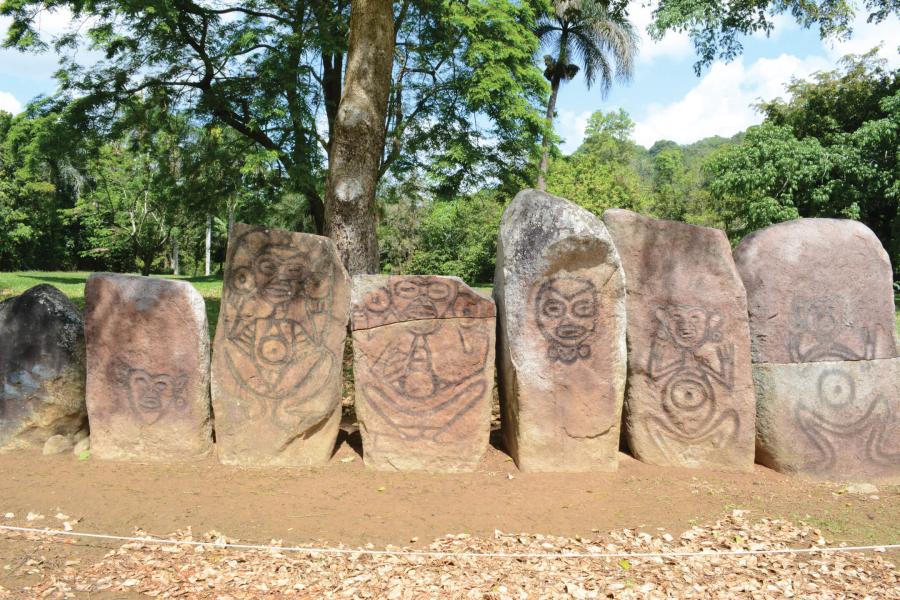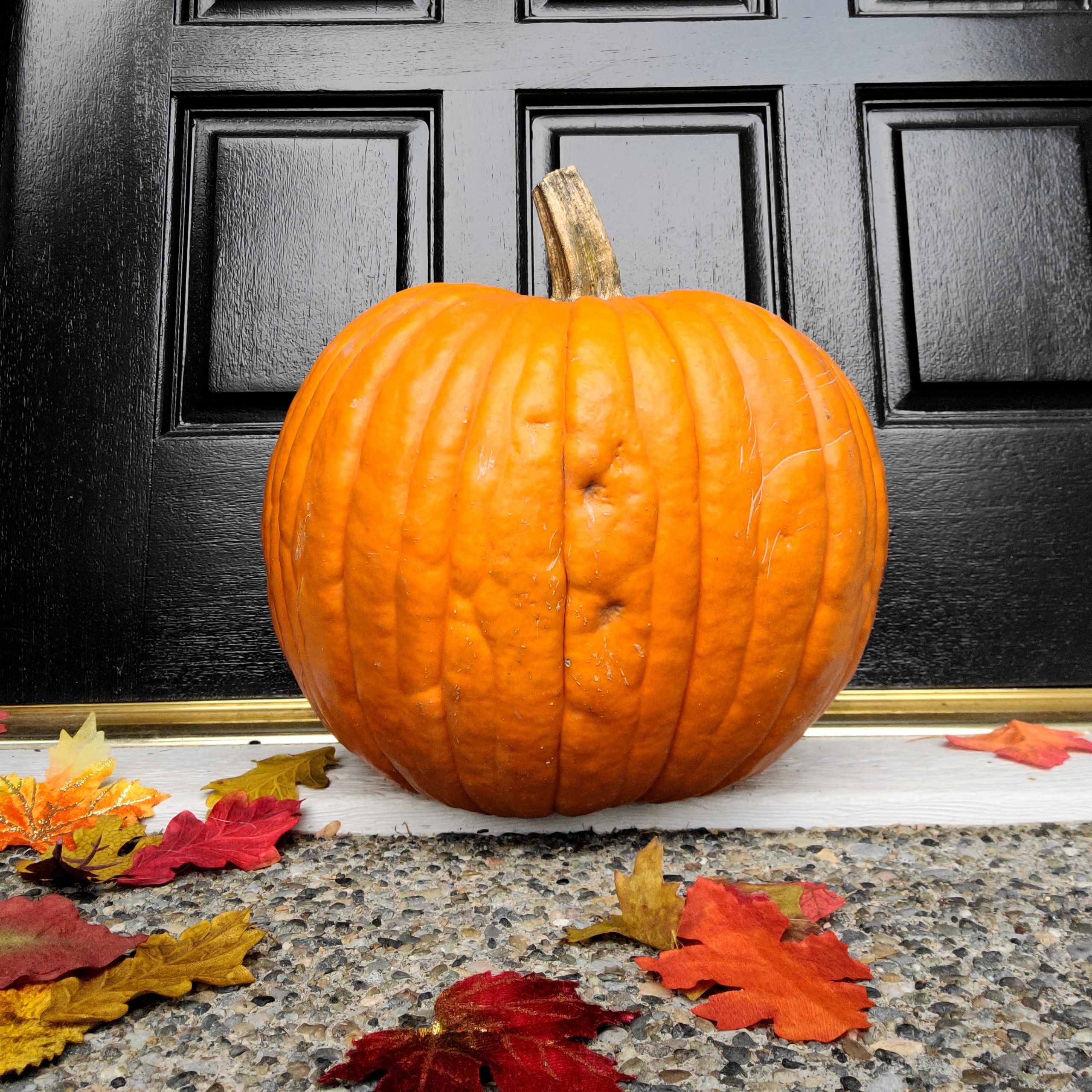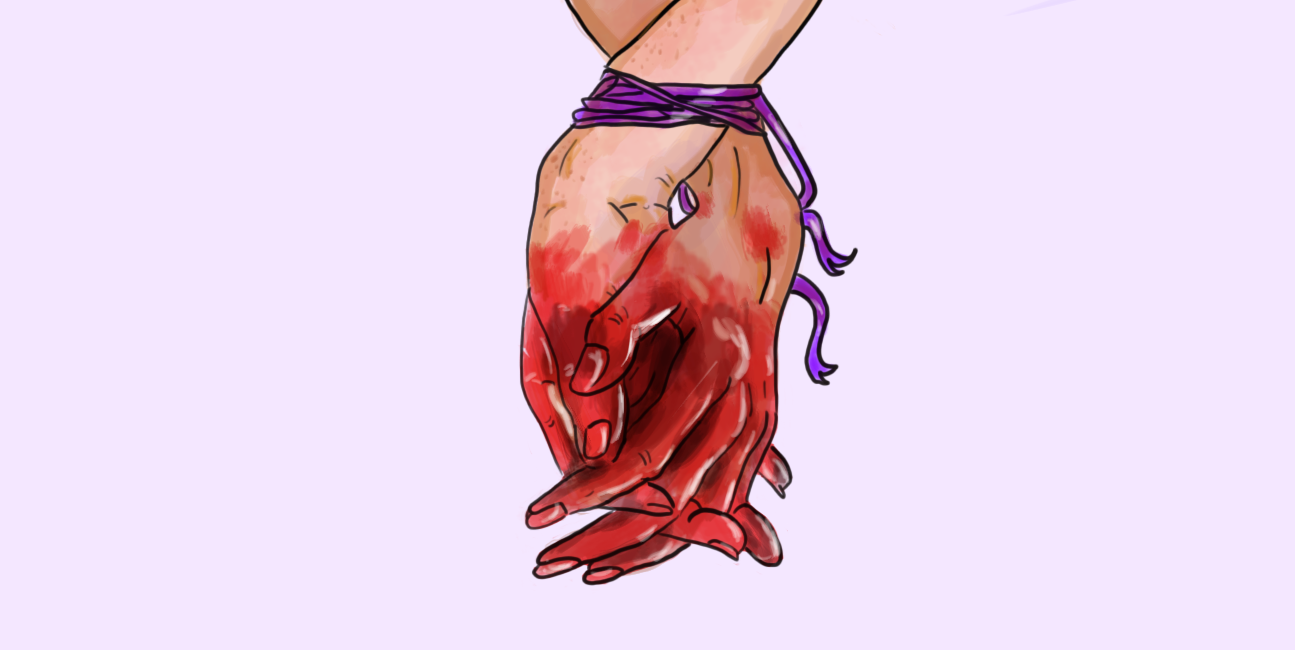Indigenous influence on language, culture, and life in the Caribbean
“The people we now call Taíno discovered Christopher Columbus and the Spaniards. He did not discover us, as we were home and they were lost at sea when they landed on our shores. That’s how we look at it — but we go down in history as being discovered. The Taíno are the Arawakan-speaking peoples of the Caribbean who had arrived from South America over the course of 4,000 years.” Jorge Baracutei Estevez explains in “Meet the survivors of a ‘paper genocide’.”
I came across this article a few years back on indigenous peoples’ day, I am Puertorriqueña, a part of the Latinx diaspora. I had always embraced this, but there was a part of this identity that I had not fully recognized until after I read this article. We are all very aware of the history of our land, every word spoken in Spanish to this day is haunted by blades, dripping with the blood of our ancestors and what was taken. But, that isn’t the entire story. The Spanish we speak is influenced by those indigenous to the region, our ancestors, those that were here long before Spanish arrived. That history cannot be erased, no matter what language was forced onto our tongues, no matter how hard they try.
Yet, I myself had not recognized the indigenous part of my ancestry consciously until after I read this article. It seems so obvious to me now, like a part of the story that was painted in broad strokes, it is also clear to me how it can go unrecognized by so many. Baracutei Estevez speaks to both of these points “ … after 1533, when Indian slaves were ‘granted’ their freedom by the Spanish monarchy, any Spaniard who was reluctant to let their Taíno slaves go would simply re-classify them as African.” This was only the beginning though.
“Once something is put down on paper there is almost nothing you can do to change it. … This is paper genocide: a narrative created by the conquerors and perpetuated by every subsequent researcher.” Taíno were present in census records in large numbers, over time these numbers dwindled and eventually disappeared all together, removed entirely as an option from the census. Effectively erasing their existence and creating them as a thing of the past.
This narrative is not the truth though, as “DNA studies started to show that people in the Caribbean did indeed have Native American mitochondrial DNA: 61 percent of all Puerto Ricans, 23 to 30 percent of Dominicans, and 33 percent of Cubans. That is a high number of genetic markers for a supposedly extinct people.” Baracutei Estevez points out.
Despite the colonial reclassification of their identities, or the death of so many at the hands of the colonizers, it is clear that Indigenous blood can still be found in many parts of the Caribbean. It is also clear the influence that indigenous culture has had on the way that religion and spirituality present themselves in the region. It is clear in the way that the languages in the region are spoken. We see the influence of indigenous peoples breathe life into every aspect of the culture and lifestyle. Even beyond that, there are many peoples that have known their identity long before any tests. Those that have always called themselves Taíno. And these are the voices that we need to uplift and listen to.
Our shared history is complex, and painful at times, but there is also beauty and power within it. Estevez concluded the article with that sentiment, “Whenever I contemplate my history and think of the atrocities committed by the Spaniards I wonder: What were the grandmothers and mothers doing as they watched their children, siblings, and parents slaughtered and raped, their villages pillaged and plundered? They must have prayed hard, as all suffering people do. But what happened to those prayers? Did they vanish in the air like smoke from a campfire? Then it hits me: we the descendants are their prayers. We’ve come back to make things right, to tell our story.”
I do not identify as Indigenous. That is not my experience, and it is not my place to claim that identity. I do, however, recognize the incredibly complex history that created my ancestry. I understand the war inside my veins. I recognize the Spaniard, the Indigenous, and the Afro-Descent that is my blood. And on indigenous peoples’ day, and every other day it is important for those of us with Latin American and Caribbean heritage to acknowledge our ancestors, our language, our culture and the great influence that indigenous peoples have always had on it.



